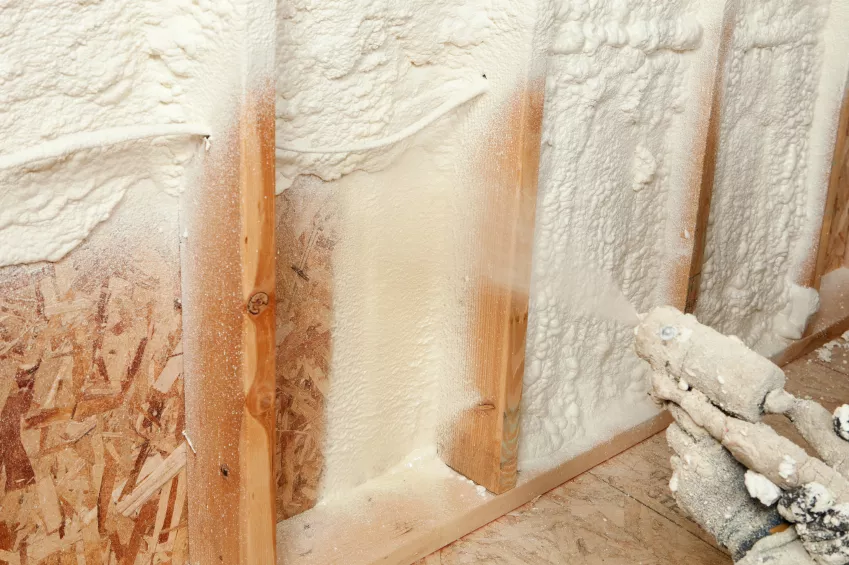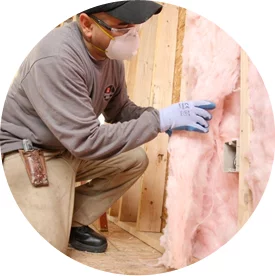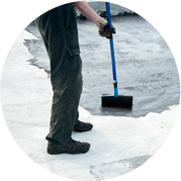For optimal comfort and energy efficiency, it’s important to insulate your home thoroughly, and that includes stud walls.
Depending on the wall type, certain insulation options may work better than others. In this article, the pros at ThermaSeal/Lakeside Insulation discuss the best insulation options for stud walls, whether installed at a new property or an existing one.
Why It’s Important To Insulate New Stud Walls
Stud walls feature studs every few feet that provide stability to the space. It’s common to add new stud walls during a remodel or new construction project. Like any other wall, adding insulation is critical for many reasons.
A few good reasons to add insulation to new stud walls include:
- Energy efficiency: Proper insulation in your stud walls can keep your home more energy-efficient. With good insulation, you won’t have to run your AC or furnace as long or as often.
- Reduced sound: If sound is an issue around your neighborhood, insulated stud walls should be a priority. The right materials can absorb most of the outdoor sound, providing more peace and quiet.
- Improved fire safety: When a fire breaks out, it can tear through walls fairly easily. When the walls include insulation, the flames will take much longer to cause damage, giving you time to escape.
- Heating and cooling savings: Good insulation in your stud walls can keep the outdoor temperatures outside. This makes it easier for you to keep your home comfortable and avoid needing to constantly run your HVAC system.
These are just a few advantages of adding insulation to your stud walls. Whether you’re looking to add insulation to your new construction or existing home, you’ll reap the benefits.
Which Insulation Is Best for Stud Walls?
Choosing the right insulation product is just as important as working with a pro to handle the installation. The most common insulation materials used in stud walls include:
- Spray foam insulation: This material is applied to the surfaces within the wall. Starting as a liquid, it quickly expands to fill every cavity in the wall. It can even be installed through small holes made outside the home.
- Fiberglass insulation: Installed in batts or rolls, fiberglass materials can be added to a new stud wall before it’s sealed. These large pieces of fiberglass insulation are cut to the perfect size for each wall.
No matter which insulation product you choose, adding insulation to your stud walls will be a good choice. The project can be tough to handle on your own, however, so you should work with a professional team when adding insulation to your home.
Choose ThermaSeal/Lakeside Insulation for Stud Wall Insulation in Chicago
For over 20 years, ThermaSeal/Lakeside Insulation has been a go-to choice for insulation services in the Chicago area. As part of the IBP Family of Companies, we have access to the best insulation materials and training for our technicians.
You can depend on us for expert consultations, proper installation and satisfaction guaranteed.
Install the best insulation for your stud walls by working with us. Call (800) 836-2535 today to schedule insulation services.





